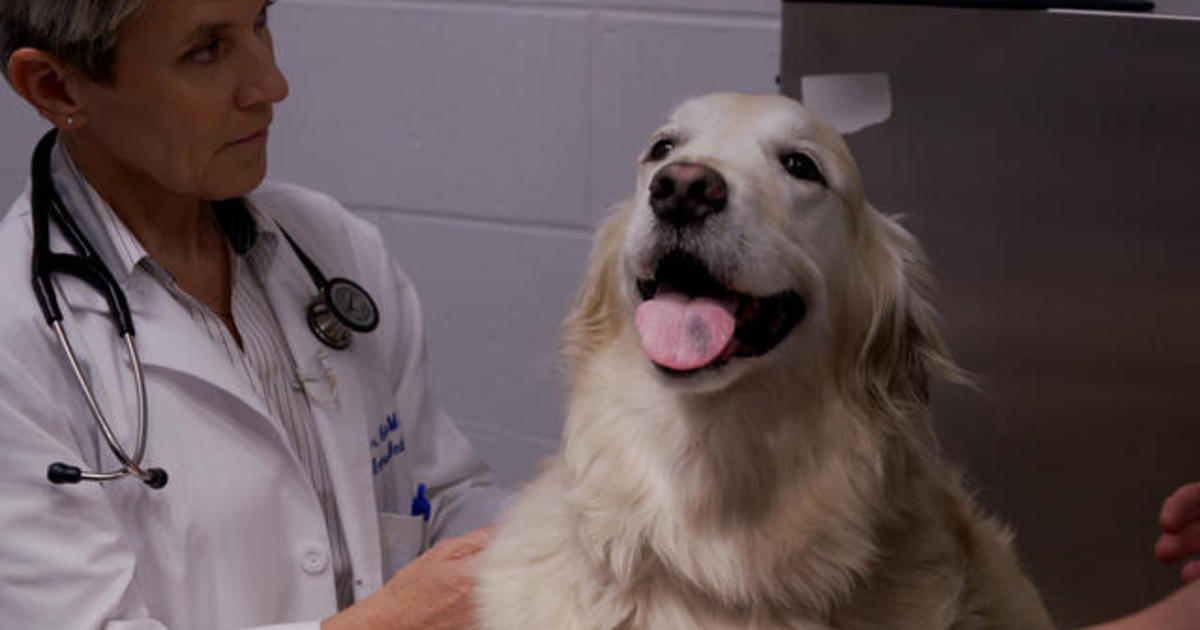by Wyatt McInerney
Every single year about four million dogs are diagnosed with cancers, often the same as humans are diagnosed with. Because our genotypes are so similar to dogs, it was natural that they would be used in clinical trials for novel cancer treatments.
Ostrander, a scientist working with these new innovation has stated “it’s easier to study genes in dogs than humans because for the last 200 years they’ve been bred to emphasize specific traits like distinct noses, tails and sizes.” By this, she is saying that due to the fact dogs genes have become so specific to breed they are very consistent and good to study how different treatments affect them.
As cancer treatments are evolving scientists are looking for different test subjects from mice, more similar to us. This allows for more accurate predictions to be taken on the effects of these medications on humans and could greatly increase the speed at which novel treatments are approved and can begin treating patients.






Be First to Comment